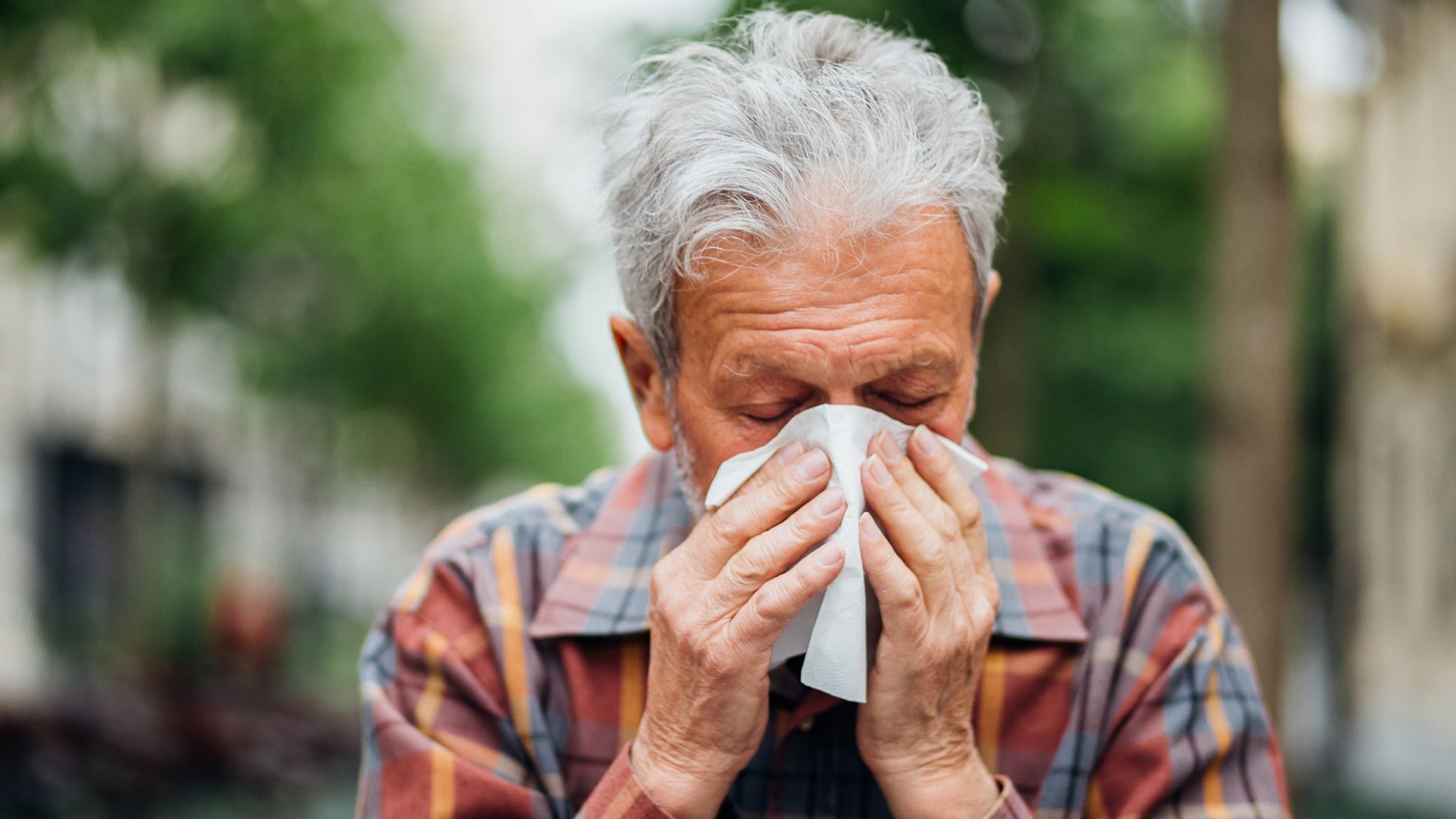As a person ages, the immune system functions less well than it used to. The term for this is immunosenescence. This decline in immune function means that the immune system will be slower to respond to infectious agents, injuries, and defects in cells. This is why the risk of many diseases increases with age. It’s also one reason that infections are more likely to be severe in people who are older.
There are steps a person can take to keep their immune system as strong as possible as they age. One important step is staying up to date on recommended vaccinations. Below is a look at the vaccine recommendations for people over the age of 65.
What vaccines do you need?
Your best source of information about what vaccines you need will be your healthcare provider. Everyone’s medical history is different, everyone’s healthcare needs are different, and there is no substitute for the information that can be learned from appointments, exams, and tests.
Many people need to catch up on vaccines that they have skipped in the past. Others may have only received one dose of a vaccine when the dosing schedule required two or more. Some vaccines require boosters to remain effective. Other vaccines are given annually, to protect against viruses that evolve and change year over year.
Be honest with your healthcare provider and express any concerns you have. Your healthcare provider can help you decide what you need, plan a schedule, and write any prescriptions that you need.
What vaccines are recommended?
While healthcare needs vary from one person to the next and change over time, there are some vaccines that are recommended for nearly all adults over the age of 65.
- Flu shot. Flu shots are updated annually to provide protection against variants of influenza viruses that are predicted to be prevalent in an upcoming flu season. Multiple flu shots are typically available. Specific types of flu shots are usually recommended for adults over 65 because they are more effective. Your healthcare provider or pharmacist can recommend a flu shot based on age and other factors.
- COVID-19 vaccine. COVID-19 vaccine recommendations vary depending on a person’s age group. For people over the age of 65, it’s recommended to get an updated vaccine with an additional dose. Dosing schedules can vary depending on previous COVID-19 vaccines that a person has received. Check with a healthcare provider and/or pharmacist for the latest guidelines.
- Pneumococcal vaccine. This is a vaccine that protects against bacterial infections caused by Streptococcus pneumoniae—which can lead to pneumonia, meningitis (infection of the brain and spine), and sepsis, as well as ear and sinus infections. People over the age of 65 are at the highest risk for severe infection and death from pneumococcal infections.
- Shingles vaccine. The shingles vaccine is recommended for people who are 50 and older, including people who received an older type of shingles vaccine. Shingles is a painful rash caused by the varicella-zoster virus, which also causes chickenpox. It causes a painful blistering rash, and in some cases, persistent nerve pain that can last months or years, vision loss, and problems with hearing and balance. The risk of developing shingles increases with age.
- Tetanus, Diphtheria, and Pertussis (Tdap) Vaccine. The Tdap vaccine is typically given as a booster to adults every 10 years. It protects against tetanus, diphtheria, and pertussis (whooping cough). These are illnesses that can be severe in older adults. In some cases, including if a person has experienced a severe wound or burn, boosters are recommended after 5 years.
Have new vaccines become available?
Remember, your healthcare provider or pharmacist will be your best source of information—and your best source for updated recommendations. Vaccines are an important part of preventive healthcare and an important area of focus for medical researchers.
For example, the first shingles vaccine became available in 2006, and was recommended for people ages 60 and older. Since then, the recommended age has been lowered to 50, and a more effective vaccine has been approved and is now the preferred choice by the Centers for Disease Control and Prevention.
New vaccines also become available. In the spring of 2023, two vaccines that protect against respiratory syncytial virus (RSV) were approved by the U.S. Food & Drug Administration (FDA). RSV causes tens of thousands of hospitalizations and thousands of deaths among people over age 65 in the U.S. every year.






